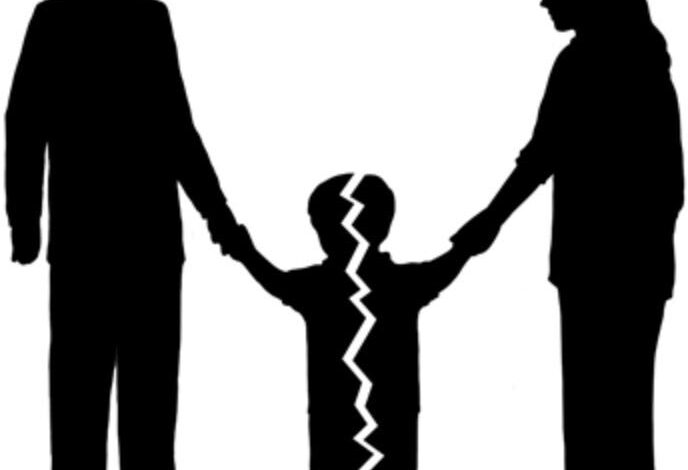Separation badly impacts children but they are required to be counselled & loved to overcome the odds

Mobilenews24x7 Bureau
In continuation to the topics relating to child psychology in a time of not so conducive to their tender minds, today Mobilenews24x7 brings in another aspect.
Not that what happens outside their homes but within the house and family itself.
As we know a small indifference between the parents always have a noticeable impact on a child in the family.
It becomes more flummoxing if the parental discord worsens to separation and more like divorce,
The period during which parents go through a separation or divorce can be profoundly challenging for children. Feelings of confusion, sadness, anger, and a myriad of other emotions may surge, often all at once.
Media caught up with Dr Puneet Dwevedi, Chief of Mental Health and Behavioural Science, and Dr Chandrima Misra Mukherjee, Co-Head, Clinical Psychologist at Artemis Hospital Gurugram, and this is what they had to say to help children navigate this tumultuous time.
First and foremost, just understand that your parents’ separation or discord is not your fault. While it’s natural to wonder if there’s something you could have done differently, it’s vital to remember that this is a decision made between adults, based on their individual and collective experiences.
Whatever you’re feeling — be it sadness, anger, confusion, or even relief — it’s normal. That is quite natural, Every child reacts differently to such situations, and there’s no “right” or “wrong” way to feel.
Ignoring or suppressing your emotions may lead to destructive behaviors later on. Instead, acknowledge them, understand them, and find ways to express them healthily with some close ones.
Positive distractions
Engage in physical activities, pick up a new hobby, journal your thoughts, or spend time with friends. Consider seeking professional help if feelings become overwhelming.
Find a comfortable environment where you can reflect and process your feelings. This could be a quiet corner of your room, a park, or even a library. Seek out neutral adults to communicate with. Having someone to talk to, like a grandparent, teacher, school counselor, or family friend, can provide solace and guidance. They can offer an outside perspective and a listening ear.
That would relieve one a lot and help rise above depressions if any.
They’re going through their challenges, but it’s crucial to express how their separation affects you. Keeping lines of communication open can help all involved.
Conflict Resolution with Parents
Mind all that children take no sides at all. Simply understand that your parents’ lived experiences feel overwhelmingly true to them, even when they are in conflict. Listening to one side of the story and taking action or seeking a resolution on that basis is unlikely to bear any fruitful outcomes. Resist the urge that seeks to mediate or resolve. This isn’t something you can fix, and attempts to do so are likely to be hurtful experiences for both you and your parents
This will be an emotionally charged time for all of you. If you feel overwhelmed while acting as an emotional support for your parent(s), it might be essential to set boundaries. Remember that you too are dealing with the separation and need space and support to process your own feelings. You might consider seeking intervention from trusted adults or recommending professional help for your parents.
Even if you end up staying with one parent predominantly, find ways to keep a healthy relationship with both. This might include working out visitation schedules or finding shared activities.
Be ready to adjust with changes if no truce takes place between the both. So, take the changed aspects with care and caution.






